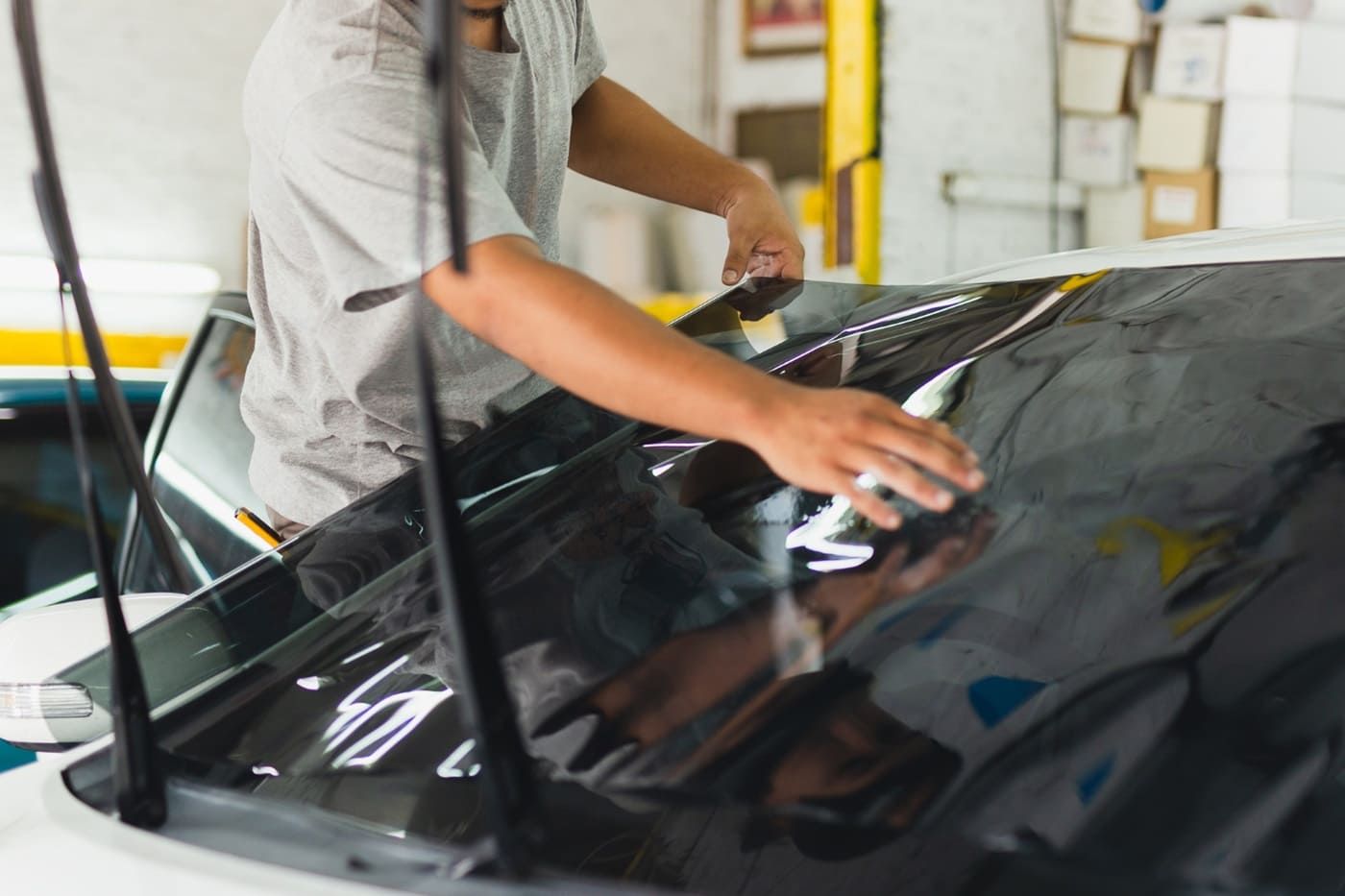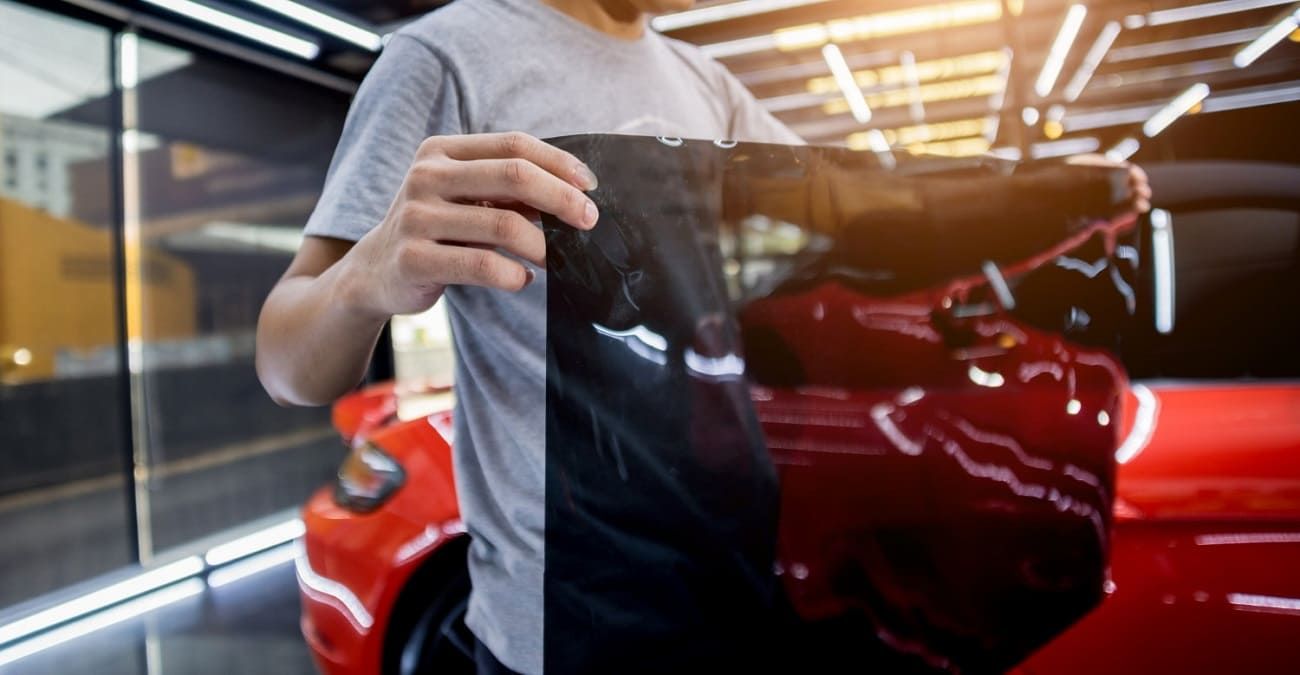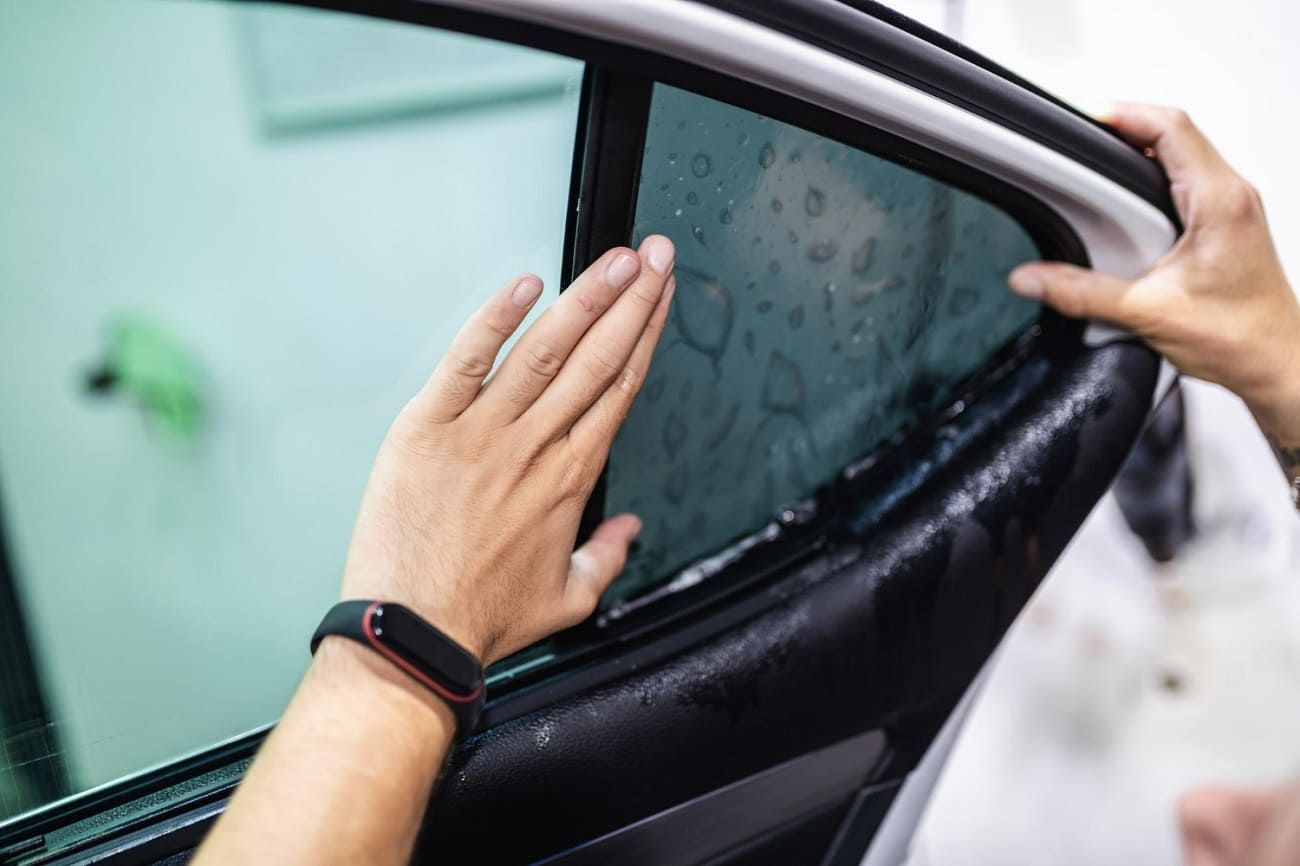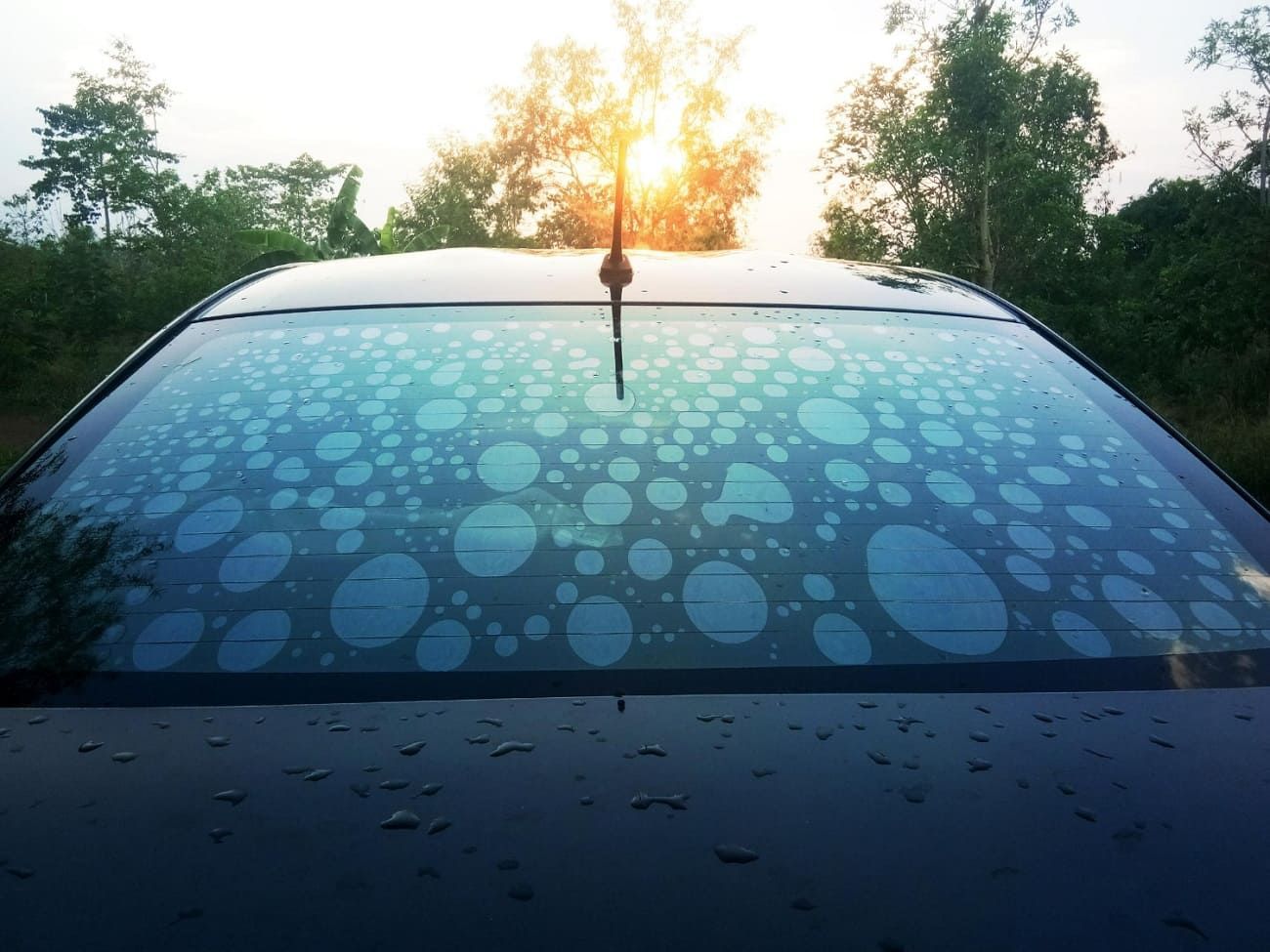Everything You Need to Know About Window Tint Percentages in Florida
Before you tint your windows, you need to be aware of the tint percentage laws. Here's what you need to know about window tint percentages in Florida.

Did you know that a car parked outside on an 80-degree day will only need 20 minutes to reach a triple-digit temperature?
There's no state where this heating effect is more clear than Florida. That's why many Florida car owners invest in window tinting. The right window tint will block out solar rays, making the car cooler in the process.
Before tinting your windows, however, you should be aware of tinting laws. In Florida, you can't go over certain window tint percentages. Otherwise, you could end up getting pulled over for having the wrong tint on your car.
Want to guarantee you'll remain tint-compliant? Read on to learn more about why tinting laws matter and how to follow them!
Why Window Tinting Laws Matter
Car window tinting is a highly regulated industry. Every state has specific laws on it, which can make interstate travel a bit tricky.
The main reason why tinting laws are in place is road safety. If a tint is dark enough, it will limit the driver's visibility. Similarly, a tint that's too reflective could distract other drivers or impair their visibility.
To address this problem, all states have limits on how dark the tint on each of your windows can be. These limits are percentages based on how much visible light can make it through a window.
Failing to meet these standards can lead to traffic violations. The first ticket won't cost much, but punishments do get higher for repeat offenders. The best way to avoid this risk is to work with a tinting specialist.
Florida Window Tinting Regulations
All tinting laws rely on a factor called window light transmission (VLT). This number specifies the amount of light that travels through a window.
The lower the VLT is, the more light the tint will block out. For instance, a 20% window tint will block out about 80% of visible light. In Florida, there are tint darkness and tint reflection limits for each window in a car.
Window Tint Darkness
So, how dark can windows be in Florida? That depends on whether you're driving a sedan, SUV, or van. Here are the tint regulations for sedans:
- Front side windows: Must let in over 28% of visible light
- Back side windows: Must let in over 15% of visible light
- Rear windows: Must let in over 15% of visible light
- Windshield: Reflective tint must be below the AS-1 line
As a reminder, not all cars have the AS-1 tag in the same place. It can run along the top edge of the windshield or be in the top corner. Inspect your windshield for an AS-1 tag to ensure the reflective tint won't go over it.
For SUVs and vans, the tint darkness laws are a bit more lax:
- Front side windows: Must let in over 28% of visible light
- Back side windows: Must let in over 6% of visible light
- Rear windows: Must let in over 6% of visible light
- Windshield: Reflective tint must be below the AS-1 line
Window Tint Reflection
Window tints come with different levels of reflection. Reflection diverts light away from the car, which helps keep the inside temperature cool.
In Florida, tint reflection laws are the same for all types of cars:
- Front side windows: Must not reflect over 25% of visible light
- Back side windows: Must not reflect over 35% of visible light
- Windshield: Can't reflect light at all, even above the AS-1 line
Other Tinting Regulations
The above rules are the most important aspects of Florida's tinting laws. That said, there are a few other regulations you should keep in mind.
First, if you put tint on any back windows, you must have dual side mirrors. This helps cover any blind spots created by your tint. This matters because, as we've seen, rear windows can carry more tint than front windows.
Next, film manufacturers in Florida don't need to specify which film they use. Still, it's better to buy film from suppliers that do specify what they're working with. The same applies to window tint installers.
Finally, Florida doesn't allow drivers to use colored tint. However, there are some medical exemptions for special tint. Check the regulations to see whether you apply for these exemptions.

Benefits of Auto Window Tinting
Now that you know how to tint your car, let's talk about why you'd want to do so. Beyond keeping the car cooler, common tinting benefits include:
UV Protection
Window tints block UV rays, which cause sunburn. UV rays are particularly dangerous to kids, who are more susceptible to sunburn. That's why many parents drive SUVs, where the rear windows only let 6% of the sun in.
Beyond harming humans, UV rays can damage upholstery and electronics. If your upholstery starts to fade, UV rays are a likely culprit. Window tinting can be a great protection, especially if you're planning to sell the car.
Window Protection
Any window tint you apply to the car doubles as another layer of impact protection. Since you apply the film adhesively, it will help keep the window in place. Of course, this is only true if the film doesn't start peeling.
This can be invaluable in the case of an accident. Glass shards and other objects hitting your windshield will be less likely to penetrate it. Even if the glass cracks due to the force of the impact, it may not shatter.
Esthetics and Privacy
As mentioned above, Florida doesn't allow drivers to use fancy tints. Even so, black window film comes in many types and reflections. If you're looking to increase your car's visual appeal, window tinting is a solid choice.
Finally, window tints increase driver privacy. If you don't want to showcase your car's interior to everyone on the road, tinting is a great investment.
More on Window Tint Percentages
The bottom line: Florida lawmakers enforce strict window tint percentages. Follow them to stay cool in your car without risking a traffic violation. The above guide has all the information you'll need to know!
In need of a professional window tinting service in Florida? Our experts at Flying Window Tinters will get the job done swiftly and with style! Contact us here to schedule an appointment!







All Rights Reserved | FLYING WINDOW TINTERS











